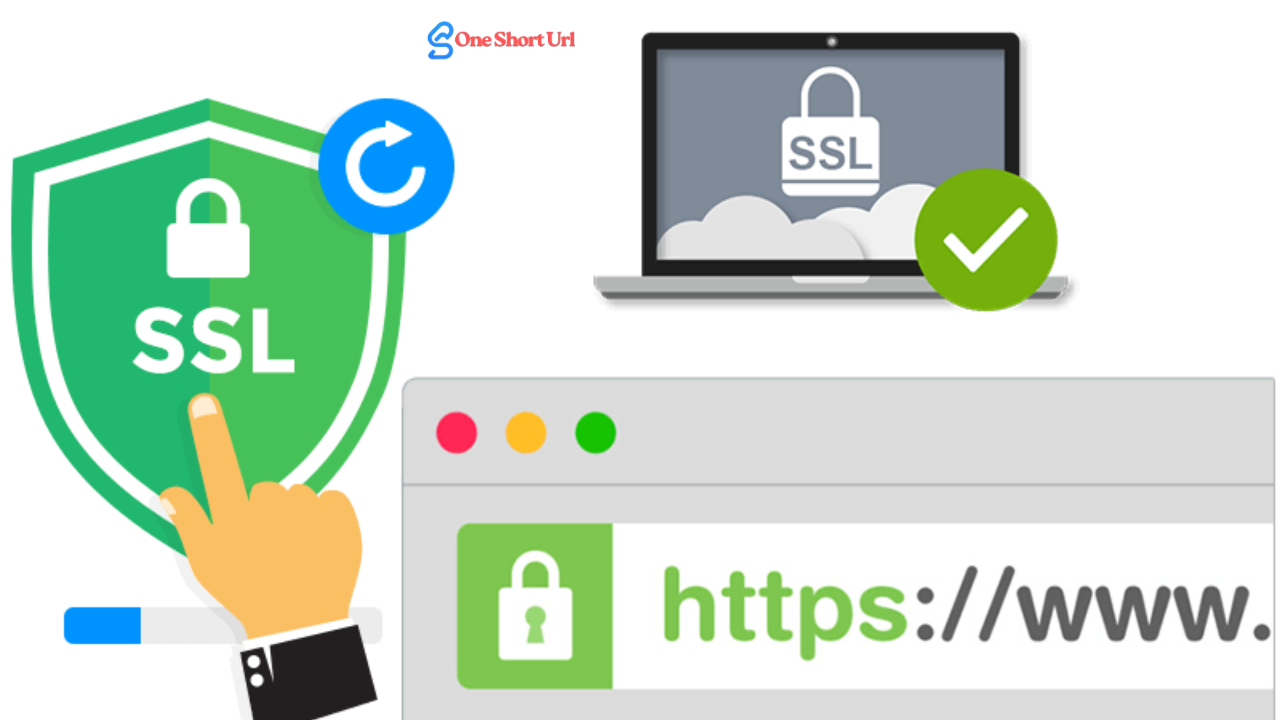
SSL IP Lookup: A Complete Guide for Secure Connections
Created on 24 September, 2025 • Checker Tools • 27 views • 2 minutes read
In today’s digital world, online security is more important than ever. One of the essential components of web safety is SSL (Secure Sockets Layer), which encrypts data exchanged between users and websites
In today’s digital world, online security is more important than ever. One of the essential components of web safety is SSL (Secure Sockets Layer), which encrypts data exchanged between users and websites. When combined with an IP lookup, SSL can provide valuable insights into a website’s legitimacy, hosting location, and security status. This article will explore SSL IP lookup in detail, how it works, and why it matters for businesses and individuals.What is SSL IP Lookup?
SSL IP lookup is the process of checking a website’s SSL certificate details and its associated IP address. This lookup provides a deeper layer of information beyond just verifying if a site has SSL enabled. By performing an SSL IP lookup, users can identify:
The server’s IP address where the SSL certificate is installed.
Certificate details such as issuer, expiration date, and encryption strength.
Hosting provider and geographical location of the server.
Whether the SSL certificate is valid, expired, or misconfigured.
In short, SSL IP lookup combines the functionality of SSL certificate checks with IP analysis, helping ensure that online connections are both secure and trustworthy.
Why SSL IP Lookup Matters for Security
Preventing Phishing and Fraud
Cybercriminals often create fake websites that mimic trusted brands. An SSL IP lookup can uncover inconsistencies such as mismatched SSL details or suspicious hosting regions. This makes it harder for attackers to deceive users.
Verifying Website Authenticity
Businesses that rely on trust, such as e-commerce stores or financial institutions, must prove their authenticity. SSL IP lookup allows users to verify that the SSL certificate matches the correct domain and IP address.
Monitoring Expiry and Configuration
SSL certificates must be renewed periodically. An expired SSL can expose sensitive information to hackers. Through SSL IP lookup, website owners can keep track of expiry dates and avoid downtime or security warnings.
How SSL IP Lookup Works
Step 1: Entering the Domain
Users start by entering a website URL into an SSL IP lookup tool.
Step 2: Retrieving SSL Certificate
The tool fetches the site’s SSL certificate details, including issuer, type (DV, OV, EV), and expiration date.
Step 3: Mapping the IP Address
It then identifies the IP address where the SSL certificate is installed and provides details like hosting provider, ISP, and server location.
Step 4: Analyzing Security
Finally, the tool highlights potential risks such as expired certificates, weak encryption, or mismatched domain names.
Benefits of Using SSL IP Lookup
Enhanced Security: Detect vulnerabilities before attackers exploit them.
Trust Verification: Confirm the legitimacy of websites you interact with.
Business Insights: Learn about competitors’ hosting infrastructure.
User Confidence: Customers are more likely to trust businesses with valid SSL and secure IP hosting.
Final Thoughts
SSL IP lookup is not just a technical tool; it’s a critical part of online trust and security. By combining SSL certificate details with IP analysis, users can protect themselves against fraud, phishing, and misconfigurations. For businesses, it builds credibility and ensures that customers feel safe while interacting online.
If you manage a website, performing regular SSL IP lookups is a proactive step toward maintaining a secure and reliable online presence.